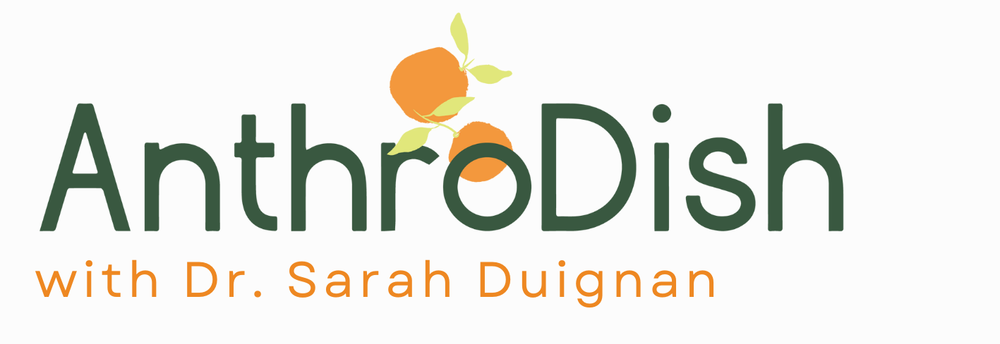This is the first episode in a special two-parter series dedicated to taking a closer look into the rise of plant-based meats. This week we’re looking specifically at the nutritional elements to plant-based meats with a dietician, and then next week, armed with some of this new knowledge, we’ll be exploring the psychology of plant-based diets, the marketing rhetoric around plant-based meat products like the Impossible or Beyond Meat burgers, and some of the consumer trends around plant-based diets and meat consumption in Canada. I was going to originally try and piece these all together into one episode, but I don’t think it does these conversations justice to do that… thus, two parter!
So this week, we have the awesome Lauren McNeill on the show. Lauren is a registered dietician who specializes in plant-based nutrition. She has a Masters of Public Health in Nutrition and Dietetics, with a collaborative specialization in Women’s Health. What’s really impressed me with Lauren’s work, is that she provides virtual nutrition counselling for clients across Canada, for those who are already vegan or vegetarian, and for those who simply want to incorporate more plant-based foods into their everyday eating patterns. Additionally, she’s a media-based dietician and is fantastic at sharing her knowledge through this – she. Has a large Instagram following, a blog, and a YouTube channel, where she posts plant-based recipes, along with nutritional and wellness information.
Today, Lauren breaks down some key differences between a nutritionist and dietician (because that’s something I always confuse!), and shares some nutritional information around plant based meats, along with some tips and tools to start exploring plant-based diets in general.
Learn More About Lauren!
Instagram: @tastingtothrive_rd
Blog: www.tastingtothrive.com
Youtube: https://www.youtube.com/channel/UCSdrSaku3OySNCJFf4Hd3bA
Email: lauren@tastingtothrive.com
Pinterest: https://www.pinterest.ca/tastingtothrive/









